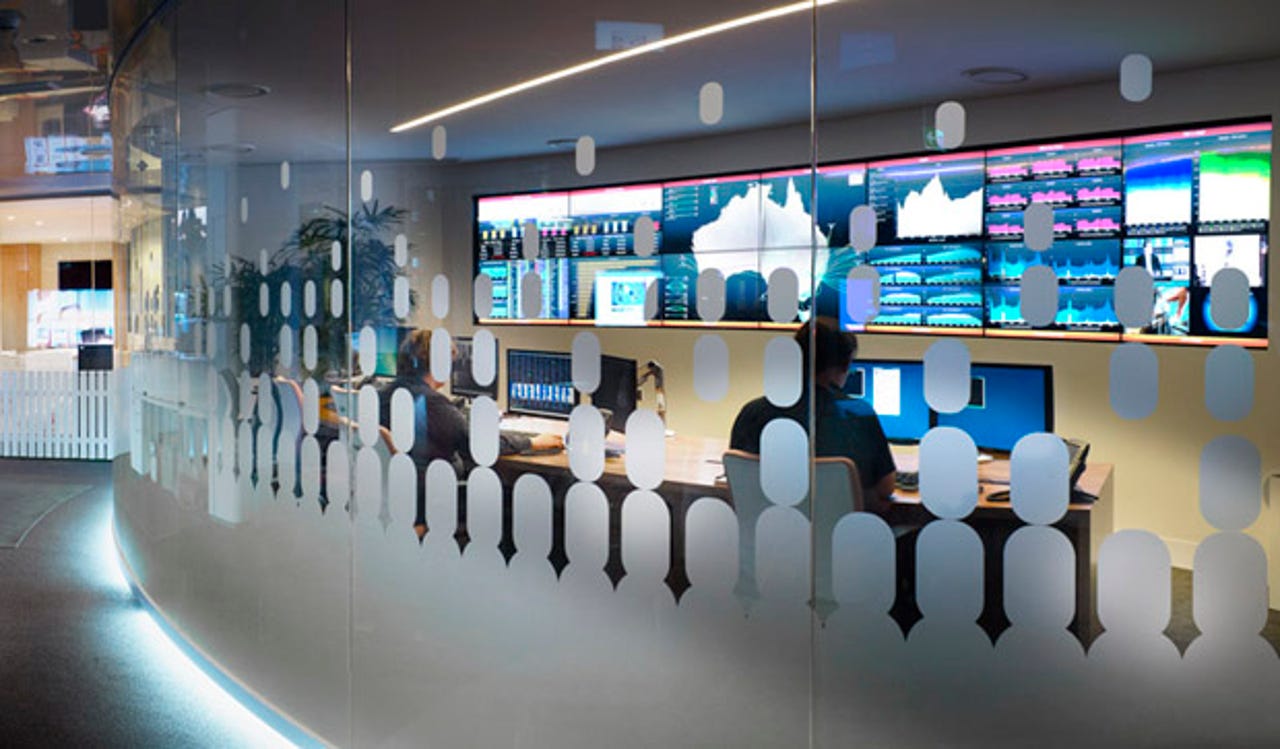iiBorg assimilation might be too much for TPG

TPG buying iiNet will make it the strongest competitor Telstra has had in the fixed-line market at exactly the time when Telstra no longer cares all that much about fixed broadband. And customers will likely pay the price.

The deal that will see the media-shy TPG buy out the customer-focused iiNet and its subsidiaries Internode, Westnet, Adam Internet, and others, is worth AU$1.4 billion.
The writing was on the wall with the departure of iiNet co-founder and CEO Michael Malone almost exactly one year ago.
Malone is just one of the company's high-profile executives in the last two years to leave as it grew into the monolith it is today. Internode founder and iiNet board director Simon Hackett left for NBN Co; the company's chief technology officer John Lindsay left to start his own consultancy operation; and, most recently, the company's long-time chief regulatory officer Steve Dalby retired.
These four formed the face of iiNet, the challenger brand, with Dalby and Malone in particular collectively playing the role of David against the Goliath of the copyright industry in the company's victorious 2012 High Court case against the film studios.
iiNet's brand developed as the underdog challenger to the big two -- Optus and Telstra -- but through years of acquisitions from OzEmail to AAPT, to Internode, to Adam Internet, the company has grown into that which it was always seeking to challenge. The company quickly came to be known as the iiBorg as it assimilated much of the ISP sector.
In the company's latest results, iiNet was just 13,000 broadband subscribers away from toppling Optus from the number two position.
But despite its growth, iiNet has always managed to preserve its strong customer-service focus, and has maintained the best net promoter scores in the industry.
TPG has also made a number of acquisitions, but hasn't ever really been focused on customer service. It has all been about keeping prices -- and, in turn, operating costs -- low.
TPG claims the two companies are complementary.
"TPG provides a leading value-based offering, whilst iiNet offers a more premium customer-service led offering with award-winning products and services," TPG told investors on Friday.
But TPG buying iiNet still seems akin to Aldi buying Woolworths. The two brands just don't align.
Maybe that will work out for TPG, but the company has always been known as a penny pincher, and that doesn't sit well with a company that is focused on delivering high-quality customer service.
Read this
TPG and iiNet will keep the two brands separate for now -- there's currently no word on the legacy iiNet brands it picked up -- and that should keep the two unique brands as they are in the short term. But it is not difficult to see a time when TPG may be looking to save money and will look at cost cutting in iiNet.
How will iiNet maintain that challenger brand, when TPG is the exact opposite?
Will TPG allow iiNet to challenge copyright holders in the court as it has with Village Roadshow and Dallas Buyers Club LLC? Especially when TPG is known to just simply pass on infringement notices to its consumers?
One glimmer of hope is that reports from customers connected to TPG's fibre-to-the-basement network have noticed a remarkable improvement in customer service when being connected. But when it is competing against a government-owned National Broadband Network (NBN), it's not hard to see why TPG might want to get it right the first time.
We knew that a takeover was a possibility. When TPG took a 7.24 percent stake in iiNet a few years ago, Malone said it was simply "a seat at the table".
It was always considered a likely outcome of Malone's departure, but given the level of consolidation in the industry today, it was difficult to see why the Australian Competition and Consumer Commission (ACCC) would not see it as a potential lessening of the competition in Australia's broadband market.
The reason why the ACCC may approve the takeover is the NBN, but this is a bit of a red herring. Yes, in theory, the NBN should allow new entrants to the market, but the ACCC's decision to adopt 121 points of interconnect for the NBN instead of the originally proposed 11 makes it much harder for new entrants to reach every single POI across the country and achieve national scale.
It will, however, allow for region-specific ISPs to pop up, and will allow ISPs to find middleman wholesale ISPs to get that national scale. But it is difficult to see an iiNet of tomorrow getting to the size iiNet is today.